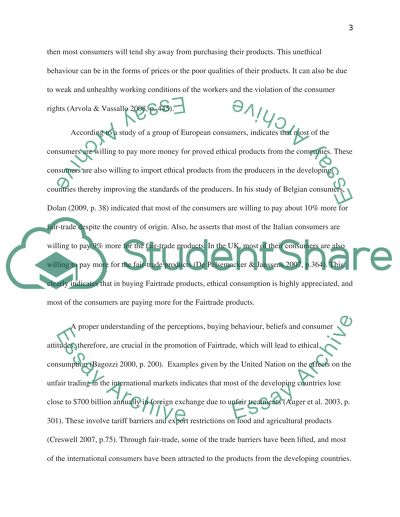Cite this document
(“Consumer Behaviour Essay Example | Topics and Well Written Essays - 2000 words - 8”, n.d.)
Retrieved from https://studentshare.org/marketing/1681543-consumer-behaviour
Retrieved from https://studentshare.org/marketing/1681543-consumer-behaviour
(Consumer Behaviour Essay Example | Topics and Well Written Essays - 2000 Words - 8)
https://studentshare.org/marketing/1681543-consumer-behaviour.
https://studentshare.org/marketing/1681543-consumer-behaviour.
“Consumer Behaviour Essay Example | Topics and Well Written Essays - 2000 Words - 8”, n.d. https://studentshare.org/marketing/1681543-consumer-behaviour.


